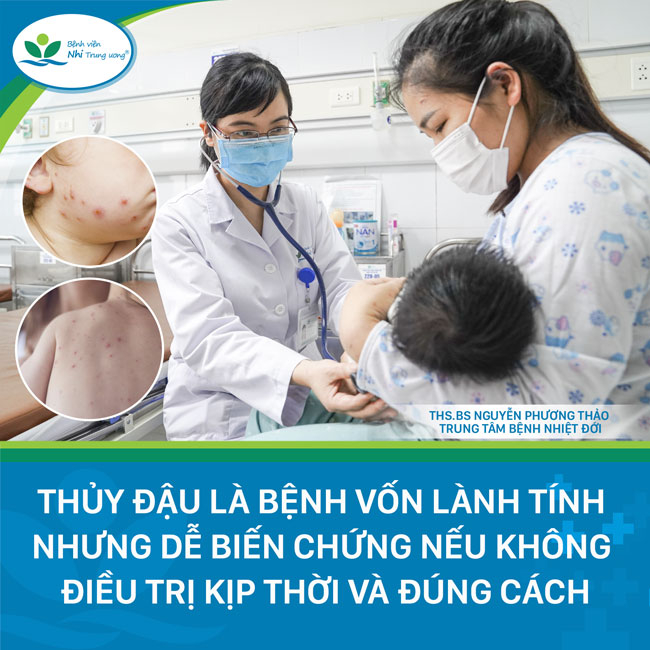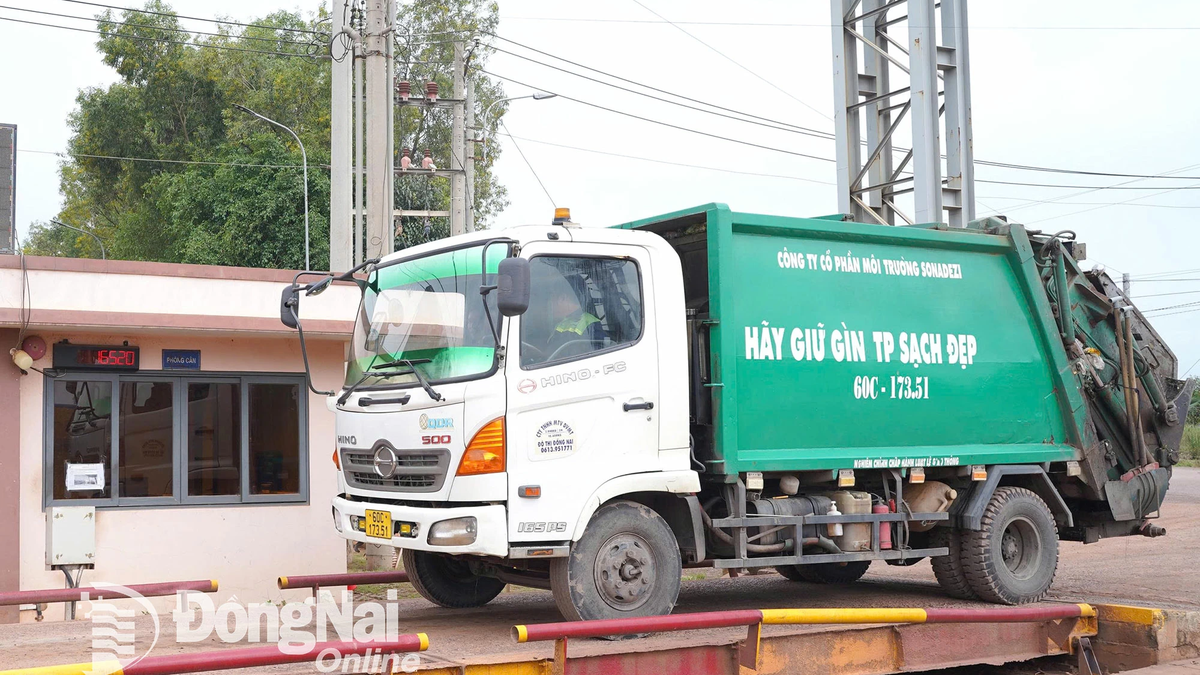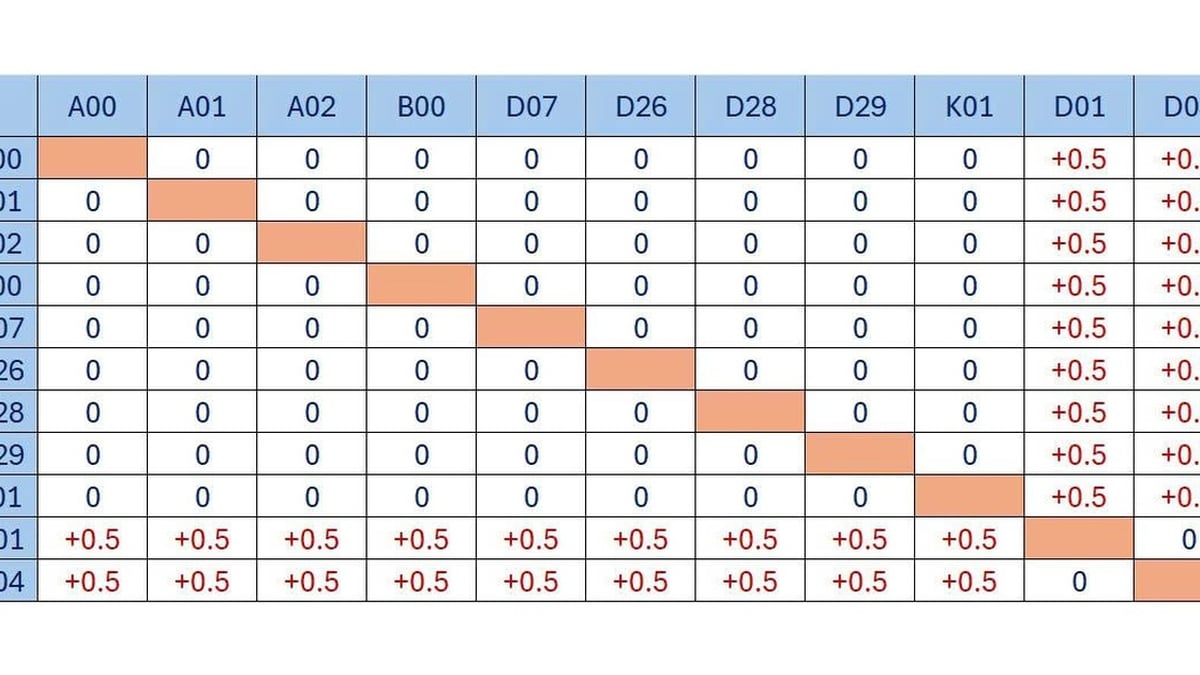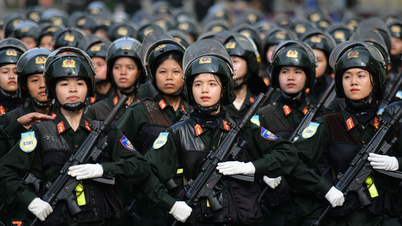According to doctors from the National Children's Hospital, from February to June every year, chickenpox (commonly known as shingles) epidemics often occur in children.
This is a contagious but benign disease, with no serious symptoms, but it can easily cause skin infections where blisters appear, which can lead to complications such as sepsis, pneumonia, encephalitis... if not treated promptly and properly.

One of the typical cases of chickenpox causing complications in newborns that the Center for Tropical Diseases - National Children's Hospital recently received is baby D.H (27 days old, Bac Giang ). When the mother had just given birth to the baby for 5 days, she was infected with chickenpox from her older daughter (7 years old) due to lack of safe isolation measures. Then the mother continued to be subjective and did not isolate baby D.H and infected her child when the baby was 14 days old.
At this time, the child's skin appeared blister-like lesions on the scalp, then spread to the whole body, with continuous fevers of 38.5 degrees, accompanied by severe coughing and labored breathing. The child was diagnosed with pneumonia in a patient with chickenpox, treated at the provincial hospital for 4 days, but respiratory failure was increasing. On March 20, D.H was transferred to the Tropical Disease Center - National Children's Hospital.
Immediately after admission, doctors from the Tropical Diseases Center - National Children's Hospital examined, performed ultrasound, chest X-ray, blood tests and treated according to the chickenpox regimen. After 7 days, the child gradually recovered, the blisters dried and crusted, and the pneumonia was controlled.
According to Dr. Nguyen Phuong Thao - Center for Tropical Diseases, National Children's Hospital, "Children, especially newborns, when infected with chickenpox are susceptible to unpredictable complications, so it is extremely necessary for parents to recognize early symptoms of the disease, monitor signs of worsening to take their children to a medical facility for timely treatment."
Doctors say that Chickenpox is a contagious respiratory disease caused by the Varicella Zoster virus (VZV).
Chickenpox occurs mainly in children, manifested by fever and a blister-like rash, and is usually benign. In immunocompromised people, pregnant women, and newborns, chickenpox can progress to severe complications such as pneumonia, myocarditis, and can lead to death.
Symptoms, the prodromal stage usually lasts 1-2 days before the rash appears. The patient is tired, has a fever of 37.8°-39.4°C.
On the skin it first appears on the face and trunk, quickly spreading to all other areas of the body.
The rash initially appears as a maculopapular rash, progressing to vesicles within hours to days; Most blisters are small, 5–10 mm in size, with an erythematous border. The skin lesions are round or oval; the central area of the blister becomes concave as the lesion resolves.
The blisters initially contain clear, dewy fluid, which later becomes cloudy; the blisters rupture or regress, forming a crust; the crust falls off after 1 to 2 weeks, leaving a shallow, depressed scar.
The rash appears in successive waves over 2-4 days; all stages of the rash – maculopapular, vesicular, and scaly – may be present on the same area of skin.
The chickenpox virus is spread through the air. The greatest source of infection is a person with chickenpox; an infected person is contagious about 48 hours before the rash appears, during the rash stage (usually lasting 4-5 days), and until the rash has crusted over.
Chickenpox is highly contagious; infection rates are as high as 90% in nonimmune individuals. The disease often occurs in epidemics among school-age children.
To prevent the disease, children need to be vaccinated with a live attenuated varicella vaccine, which is indicated for all children over 1 year of age (up to 12 years of age) who have not had chickenpox and adults who have not had antibodies to Herpes zoster. The varicella vaccine is safe and highly effective. Children need to be vaccinated with one dose of vaccine and adults need to be vaccinated with two doses. Some cases may develop chickenpox after vaccination.
Doctors warn against varicella vaccination for children with severe immunodeficiency (children with symptomatic HIV infection).
To avoid infection, do not let children come into contact with people with chickenpox or shingles. Personal hygiene is required. Isolate and control fever and other symptoms. When children have symptoms of fever and rash, the family should isolate the child from contact with people around them to avoid infection. The room should be airy, clean, and have sunlight.
If the child has a fever above 38º5 degrees, give the child paracetamol 10-15mg/kg every 4-6 hours, combined with warm compresses. Note that when applying warm compresses to children with chickenpox, use warm water (not too hot) to avoid breaking or burning the blisters on the body.
If your child has symptoms of severe coughing, difficulty breathing, fatigue, or lethargy, take them immediately to the nearest medical facility for examination.
Currently, many people still believe that when having chickenpox, they must avoid water and wind, so they do not bathe their children. However, this is an incorrect concept. When children have chickenpox, parents should clean their bodies and take care of their skin properly to avoid infection, which will make their condition worse: Clean your child's eyes, nose, and mouth gently 2-3 times a day with 0.9% saline because chickenpox can grow in the mouth, and if not cleaned, it can cause secondary infection.
Bathe your baby with warm boiled water that has cooled (limit the use of soap to avoid infection when soap remains on the peeling spots).
Put the child in a basin of water, gently splash water on the body with your hands, use a soft towel to pat the skin to clean, do not rub hard to cause the blisters to burst.
After bathing, use a cotton towel or a cotton towel that is easy to absorb, gently pat the whole body, wear loose clothing and apply methylene blue to disinfect.
Regularly trim your child's nails to prevent them from scratching hard and breaking the chickenpox blisters, causing infection.
Experts also recommend providing adequate nutrition for children, not dieting, if the child has a sore mouth, you can feed the child soft, easy-to-digest foods, milk, porridge. If the child is breastfeeding, continue breastfeeding normally.
Hopefully the above information will help parents be less confused in the process of detecting and caring for their children with chickenpox and proactively prevent the disease for their children by vaccinating them on time. If the child shows any unusual signs, they should be taken immediately to a medical facility for examination and treatment.
Source























































































![[Infographic] In 2025, 47 products will achieve national OCOP](https://vphoto.vietnam.vn/thumb/402x226/vietnam/resource/IMAGE/2025/7/16/5d672398b0744db3ab920e05db8e5b7d)














Comment (0)